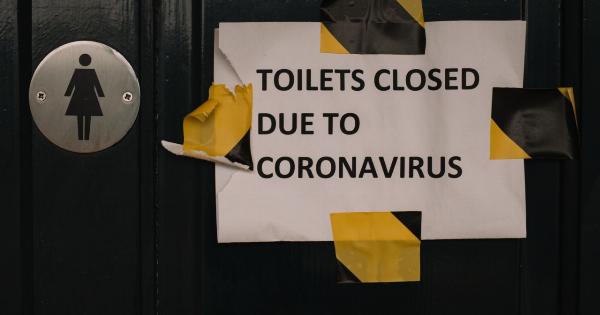One of the most common substances consumed by adults is caffeine. It’s present in tea, coffee, energy drinks, and many other beverages and foods. However, when pregnant, the question of safety arises.
Studies have shown that consuming caffeine during pregnancy may have negative effects on both the mother and the child. Here’s what you should know, and how much caffeine you should consume during pregnancy.
What is Caffeine?
Caffeine is a natural stimulant found in some plants, including coffee beans, tea leaves, and cocoa beans. It’s also present in certain medications, energy drinks, and soda.
When consumed, caffeine causes the brain to release dopamine, a chemical that activates the pleasure centers of the brain. This leads to the increased energy level and alertness associated with caffeine consumption.
Effects of Caffeine on Pregnancy
While caffeine may be a relatively safe substance to consume in small doses, studies have shown that it can have negative effects on pregnancy.
Specifically, high caffeine intake has been linked to low birth weight, premature delivery, and increased risk for miscarriage.
One study showed that pregnant women who drank more than 200 mg of caffeine a day, which is approximately one 12-ounce cup of coffee, had a higher risk of miscarriage than women who consumed less caffeine.
Another study found that women who consumed more than 150 mg of caffeine per day had a higher risk of giving birth to a low birth weight baby.
Additionally, high caffeine intake during pregnancy can lead to sleep disturbances, which can negatively affect both the mother and the developing fetus.
It’s important to note that caffeine can cross the placenta and affect the fetus directly, which is why it’s crucial to limit caffeine intake during pregnancy.
How Much Caffeine is Safe During Pregnancy?
The American College of Obstetricians and Gynecologists recommends that pregnant women consume no more than 200 mg of caffeine per day, which is equivalent to one 12-ounce cup of coffee.
However, it’s important to note that caffeine content can vary greatly depending on the type and brand of coffee, tea, or soda being consumed.
It’s recommended that pregnant women consume caffeine in moderation, or consider giving up caffeine entirely during pregnancy to avoid potential negative effects.
Decaf options are also available for those who desire the taste of coffee or tea without the caffeine content.
Other Alternatives to Caffeine
If you’re looking to reduce your caffeine intake during pregnancy, there are plenty of alternative beverages that you can try. Here are a few suggestions:.
- Herbal teas: These are caffeine-free and come in a wide variety of flavors and blends.
- Fruit juices: Natural fruit juices are packed with vitamins and minerals and are usually caffeine-free.
- Seltzer water: Flavored seltzer waters can provide a refreshing alternative to soda, which typically contains caffeine.
It’s important to make sure that any alternative beverages consumed during pregnancy are safe and do not contain any ingredients that may be harmful to the developing fetus.
Conclusion
Caffeine is a widely consumed substance that can have negative effects on pregnancy. High caffeine intake has been linked to low birth weight, premature delivery, and increased risk of miscarriage.
The American College of Obstetricians and Gynecologists recommends that pregnant women consume no more than 200 mg of caffeine per day, or consider giving up caffeine entirely during pregnancy. Alternatives such as herbal teas and natural fruit juices are available for those who desire a caffeine-free beverage option.































